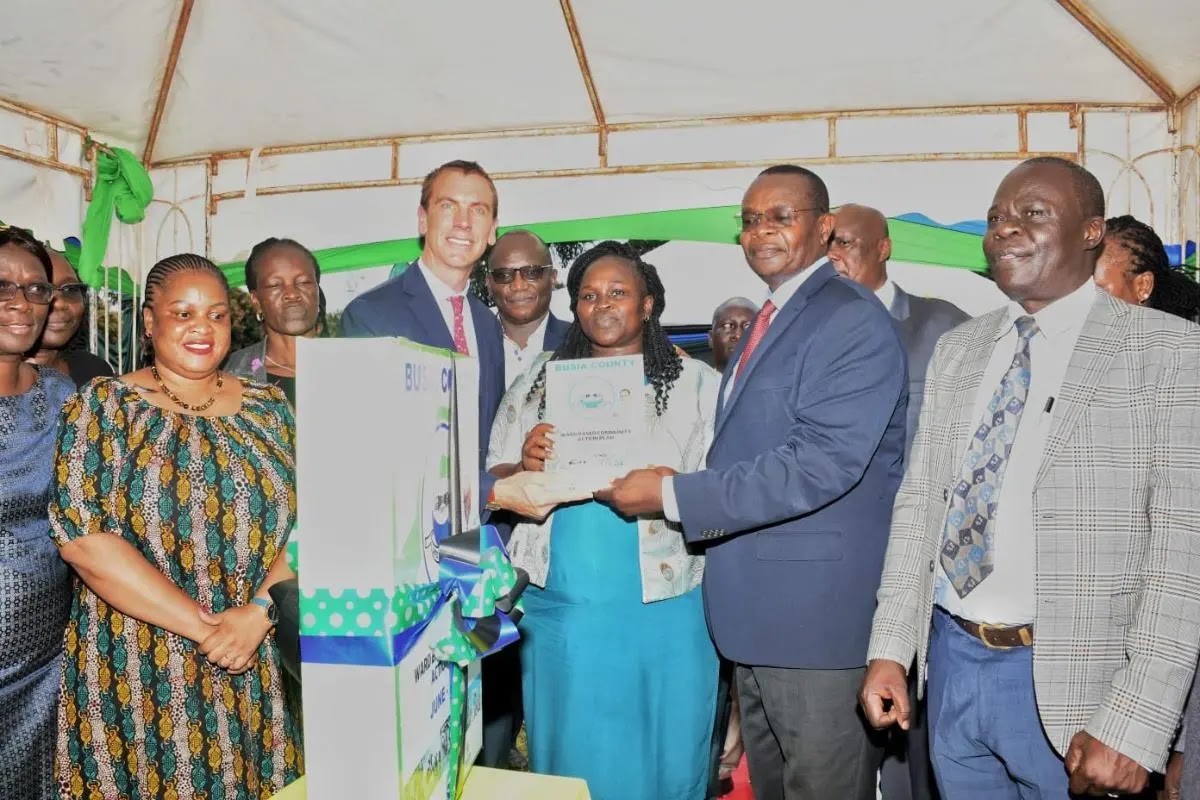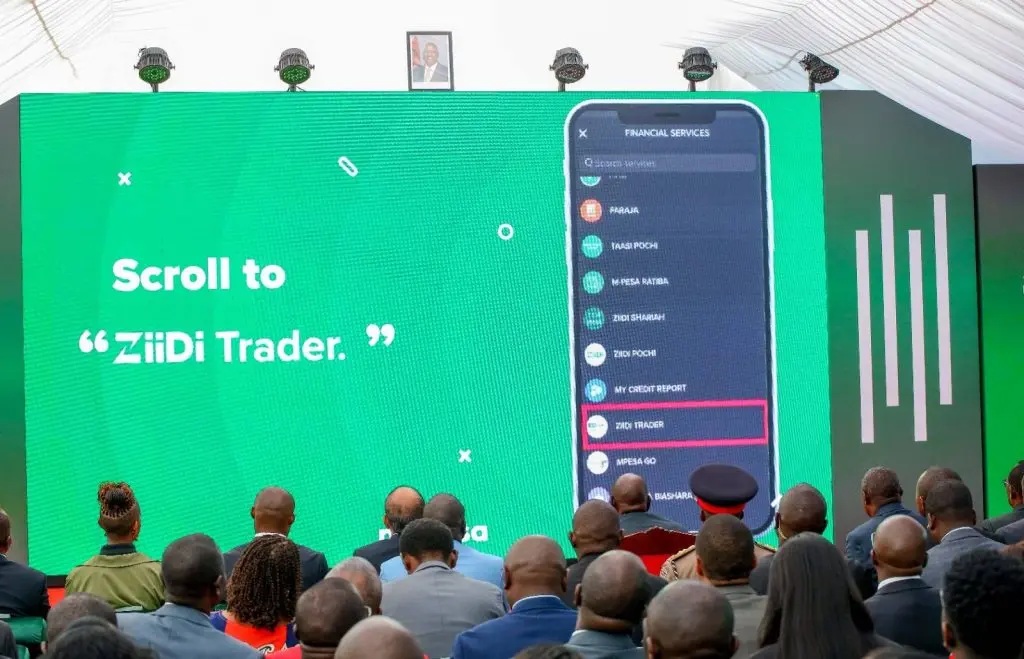
British High Commission Injects Sh390 Million to Strengthen Digital Communities in Busia and Mandera
The British High Commission has pledged Sh390 million towards a project, "Strengthening Digital Communities," targeting Busia and Mandera counties in a bid to bridge the digital divide. The project is aimed at enhancing access and adoption of digital skills and technologies among vulnerable groups like women, youth, senior citizens, and persons with disability (PWDs).
Bridging Digital Divide
The project is aimed at ensuring that the communities within Busia and Mandera are not left behind in the current digital revolution. The initiative by the British High Commission in collaboration with KICTANet will be implemented with a number of onboard partners, including the National Council of Persons with Disabilities and the Kenya Society for the Blind. Their combined effort would create inclusive digital opportunities for the most underserved population.
By focusing on these two counties, which face most challenges in digital access, the project hopes to enhance livelihoods and ensure socio-economic growth. Most of the residents in these areas still remain digitally excluded, with limited potential to access essential services, education, and employment opportunities.
Focus on Digital Employability and Inclusivity
One of the key components of the "Strengthening Digital Communities" project is to enhance digital employability, especially among women and the youth. The program will identify talented people and train them in digital skills, mentorship, financial literacy, and entrepreneurship. The project will, therefore, be offering these potential resources as a way of preparation for better job opportunities and enabling their success within the digital economy.
Moreover, the project will undertake community campaigns to spread awareness about cyber hygiene, digital safety, and the greater benefits of digital inclusion. Not only will this be done to ensure safer online practices, but it potentially can show value that digital access brings into people's lives.
Policy Impact and Development of Research
It also informs ICT policies through the development of research outputs and policy briefs that will inform policymakers on how to create an enabling environment for better digital inclusion. It is through high-quality research output that systemic issues will be helped, and thus improve the overall situation regarding digital inclusion in Kenya.
A Vision for Inclusion
While launching the project in Busia, Governor Paul Otuoma said that this partnership is an investment not into technology but into the future of people within Busia County. He added, "I wish to thank the British High Commission for the continued support and assure my administration that this will build a society where people are inclusive, equitable, and prosperous.".
"My administration joins in celebrating this important partnership with immense gratitude and lots of optimism, and we are very grateful to the British High Commission for continued support through the Digital Access Program," said Otuoma.
The governor further reiterated that such digital skills and training should be accorded to the most vulnerable groups in society, including but not limited to women, youth, senior citizens, and persons with disabilities, who ought to be empowered toward benefiting in the digital economy.
UK's Commitment to Digital Inclusion
The British Deputy High Commissioner, Ed Barnet, said the UK would remain committed to working with Kenya on such projects that supported some of the most vulnerable members of society. According to Barnett, the digital revolution in women, young people, and persons with disabilities would make changes in their lives.
"We are happy to finally partner with KICTANet on this important project in line with our commitment to supporting digital inclusion globally. We can only go far, together, and I believe by working with each other, we can make sure that digital opportunities are within the reach of all," Barnett said.
Empowering Marginalized Communities
KICTANet's Chief Executive Officer, Grace Githaiga, reiterated that the project is not just about technology; it is about creating opportunities for those who have been left behind by the digital revolution. Equipping marginalized communities with digital capacities and resources will tear down barriers to create an inclusive society.
"This is not just about technology; this is about giving a voice to societies and creating opportunities for the ones which the digital revolution has passed by," Githaiga said.
Digital Platforms Helping Meet Health and Social Needs
The Deputy High Commissioner Barnett visited the community health center in Busia, using a digital platform to deliver reproductive health services to adolescents. "This platform will address such major health issues as infections of HIV, AIDS-related deaths, and teenage pregnancies." The project was led by Tiko, launched with seed funding by the UK government, and showed the huge possibilities that digital tools offer in taking up social and health-related challenges.

